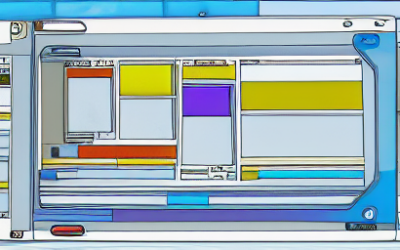With the integration of AI, businesses have been able to automate repetitive tasks, streamline complex processes, and ensure a more systematic and error-free approach to managing tasks and workflows
Tech Blog
Tech Insights, Information, and InspirationCustom Web Portals: Streamlining for Business Efficiency
One powerful tool that’s transforming the way businesses operate is custom web portals. These tailored digital gateways offer a host of benefits, from improving internal workflows to enhancing customer experiences.
Get In Touch
UseTech Design, LLC
TROY, MI • BLOOMFIELD HILLS, MI
Call or text +1(734) 367-4100


